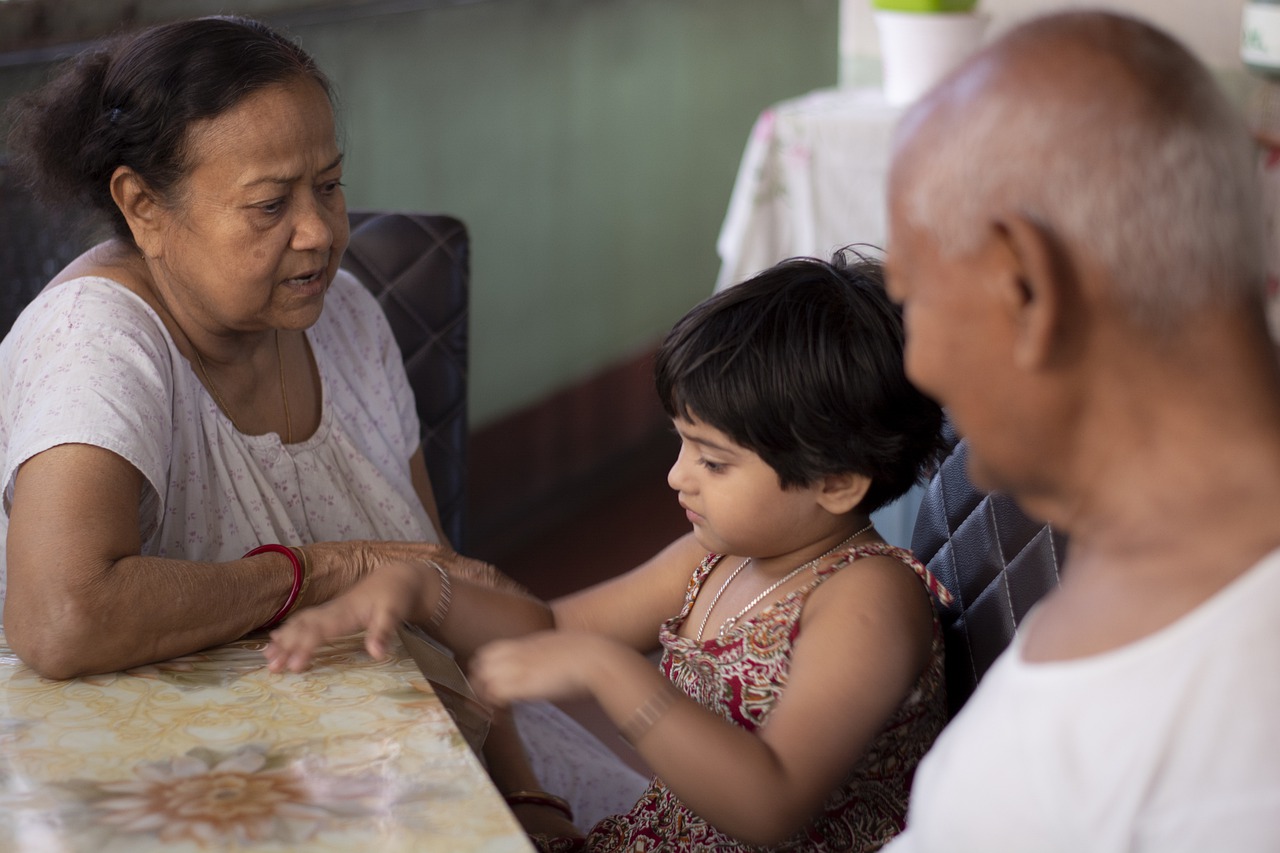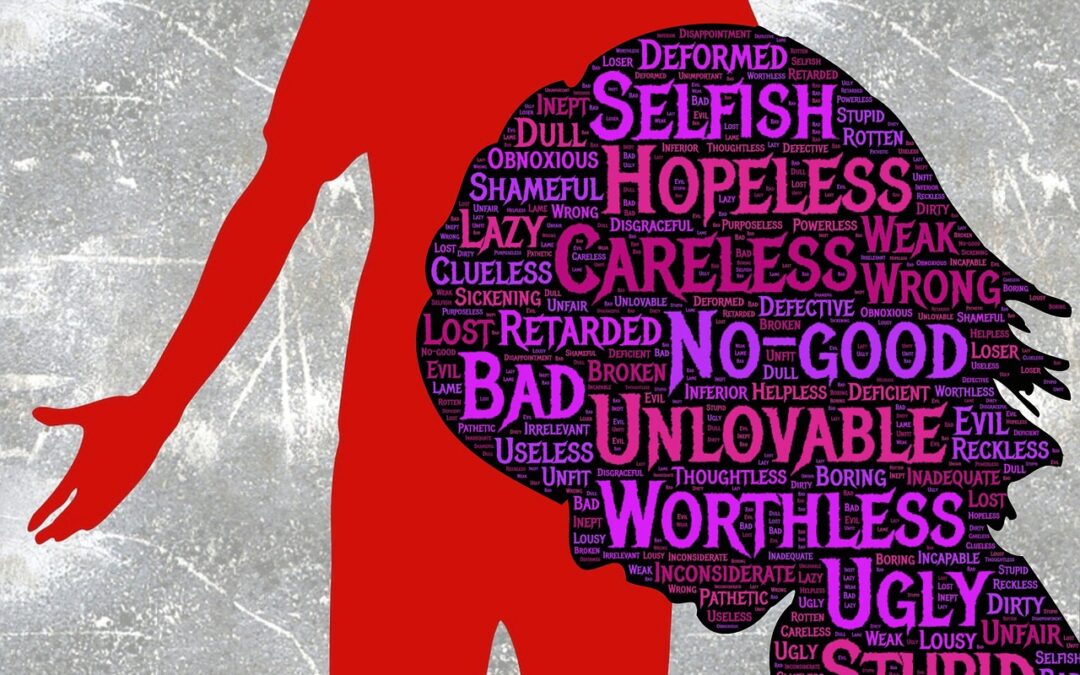
Even if narcissistic abuse survivors have summoned the courage to believe in themselves and escape a narcissistic relationship, society often engages in gaslighting.
Let’s examine some common comments that narcissistic abuse survivors frequently encounter:
- “That’s not what you said about them before.”
- “I’ve never seen them behave like that around me.”
- “It can’t be that bad.”
- “You’re being too sensitive.”
- “You can’t cut ties with your family; family is everything.”
- “No relationship is perfect.”
- “Forgiveness is a virtue.”
Now, let’s delve into the reasons why narcissistic abuse survivors may be unfairly considered as ‘crazy’.
1. The abuse is often carried out discreetly over an extended period.

Narcissists typically avoid abusing you in the presence of others. While some may do so, the most severe behaviors are usually reserved for behind closed doors.
Occasionally, their negative behaviors might surface in public, but they can still maintain a façade of decency.
Grandiose narcissists tend to exhibit entitled behaviors primarily in front of strangers or people they perceive as beneath them.
2. Narcissists often maintain an impeccably clean image.

Narcissists are skilled at presenting a positive image to those they deem superior to them.
In such situations, they may emphasize their humility and intelligence, striving to please and impress these individuals.
Additionally, they might engage in acts of charity, exhibit strong religious devotion, and extend help to animals and those in need, especially when in plain view of the public eye.
Their interest lies in performing ‘good deeds’ where they can be observed by others.
3. Sometimes, abuse unfolds subtly over many years, to the point where even the victim may not fully comprehend what’s happening.

After the love bombing or idealization phase, the devaluation phase begins. For the victims, it can take a considerable amount of time to grasp what is truly happening.
Narcissistic abuse survivors often find themselves yearning to return to the initial stages of the relationship, enduring abuse for years, sometimes even decades, in the hope that it will somehow revert to the way it was at the beginning.
Many narcissistic abuse survivors wait, clinging to the belief that someday, it will return to what it once was.
Understandably, if the narcissistic abuse survivors themselves struggle to comprehend the situation, it becomes exceptionally challenging for someone on the outside to understand, unless they’ve gone through similar experiences.
4. Abuse can originate from individuals we least expect.

The narcissists might hold respected positions in society or prominent roles such as life coaches, teachers, doctors, or religious leaders.
In the case of vulnerable narcissists, who tend to be shy and lack self-confidence, it can be particularly challenging to fathom that they are capable of manipulation and abuse.
While society may presume that individuals from disadvantaged backgrounds, including those in poverty or minority groups, or those who have experienced underprivilege, would naturally display empathy, it’s important to recognize that the absence of empathy from birth can potentially contribute to the development of narcissistic traits.
Indeed, people from these backgrounds can also exhibit narcissistic tendencies.
Abuse can come from even the closest quarters of our lives – our own families. This includes parents, siblings, and adults who were meant to protect us, such as grandparents, teachers, and extended family members.
5. Narcissistic abuse survivors often find themselves breaking many unspoken societal rules that are typically regarded as virtues.

Historically, the world has often been influenced by narcissistic individuals who have shaped societal norms and rules.
Consequently, survivors of narcissistic abuse find themselves compelled to challenge certain virtues, value systems, and beliefs when they seek to break free from the control of these narcissists.
Some of these values include:
- Forgiveness: Survivors may find it challenging to forgive those who have abused them.
- Belief in the inherent goodness of everyone: The realization that not everyone has good intentions can be a difficult truth to accept.
- Karma: While some may believe in karma, survivors may struggle with the concept when facing abuse.
- Personal responsibility: The idea that your life is your responsibility may conflict with holding abusers accountable for their actions.
- Family as a paramount value: Survivors may question the notion that family is everything when their own family members have been abusive.
- Religion, especially if it’s sexist or classist: Survivors may question or distance themselves from religious beliefs that condone or perpetuate abuse.
- Respect for authority: This virtue can be challenging to uphold when elders and teachers are abusive.
6. Behaviours developed as a result of abuse.

The psychological impact of narcissistic abuse can be profound, leading to a range of challenges including:
Extreme Anger: Extreme anger is a common response to the injustice, abuse, and trauma that survivors often endure.
The lack of support or understanding, even from the mental health community, can exacerbate this anger, sometimes manifesting as temper tantrums.
For some survivors, this intense anger may even serve as a coping mechanism to protect their boundaries.
Hypervigilance: Survivors may become overly alert and watchful of their surroundings, anticipating potential threats or abusive behavior.
Avoidance: Some individuals might avoid certain situations, places, or people that remind them of the abuse to minimize triggers.
Isolation: To protect themselves from further harm, survivors may isolate themselves from friends and family, which can contribute to feelings of loneliness.
People-Pleasing: In an attempt to avoid conflict and seek approval, survivors may become overly accommodating and engage in people-pleasing behaviors.
Emotional Numbing: Survivors might suppress their emotions as a way to cope with the overwhelming pain and confusion caused by the abuse.
Self-Doubt: Abusers often undermine a survivor’s self-confidence, leading to self-doubt and a lack of belief in one’s abilities.
Dependency: Some survivors may develop dependency on others for validation and a sense of self-worth.
Cognitive Distortions: The survivor’s thought patterns can become distorted, with negative self-talk and irrational beliefs about themselves and the world.
Heightened Anxiety: Anxiety disorders, including generalized anxiety disorder and post-traumatic stress disorder (PTSD), are common outcomes of narcissistic abuse.
Perfectionism: Survivors may strive for perfection as a way to regain a sense of control and validation.
Difficulty Trusting Others: Due to betrayal by the abuser, survivors can find it challenging to trust others in future relationships.
Impaired Self-Expression: Some individuals may struggle to express their thoughts and emotions openly due to fear of judgment or backlash.
7. Smear campaigns and lies perpetuated by narcissists about their victims.

Narcissists are known for spreading falsehoods about their victims. These smear campaigns often escalate when narcissistic abuse survivors decide to leave the narcissists.
Narcissists meticulously craft an image of their victims, starting from the moment they first meet them.
The intent is to establish a false narrative, which becomes all the more believable when narcissistic abuse survivors eventually break free from the narcissists’ influence.
Additional Resources:
https://www.narcissisticabusesurvivors.org/about
https://www.healthline.com/health/narcissistic-victim-syndrome

